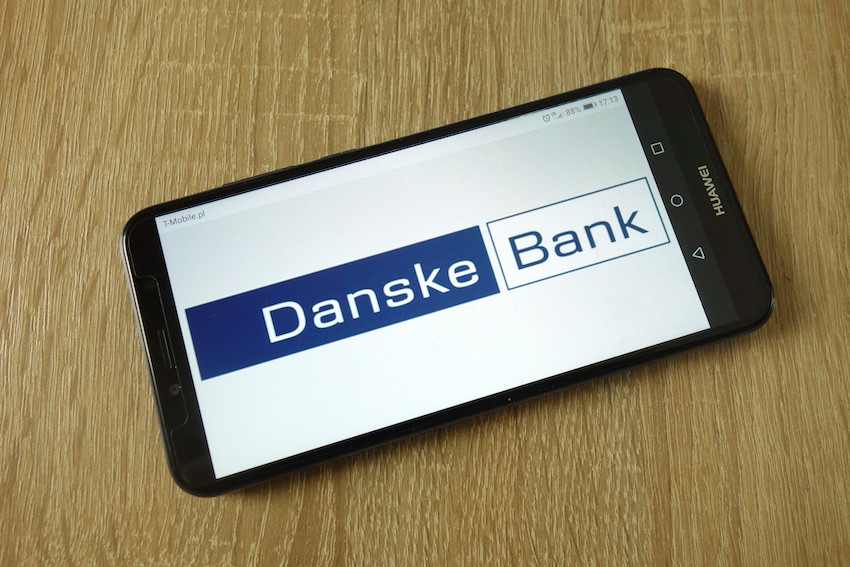Total fund assets fell by 11.11%, from €4.6trn at the end of February to €4.1trn at the end of March, according to figures released by the Financial Sector Supervisory Commission (CSSF) on 30 April.
The majority of the €518.8bn decline, €390.6bn (-8.37%), was due to “negative development in financial markets”. However, there were still negative net outflows of €128.2bn (-2.74%), the CSSF said.
The largest outflows were recorded in Japanese equity funds (-6.47%) and US equity funds (-4.19%). Among fixed-income strategies, high yield bond funds (-8.51%) and emerging market bond funds (-7.70%) suffered the biggest outflows, while European money market funds (+14.12%) and global money market funds (+3.57%) were the only categories in net positive territory.
The March decline came on top of a 2.5% drop in Luxembourg fund assets in February.
Gated funds
The market pressure forced many European money managers to place freezes on several funds. Fitch Ratings reported on 20 April that:
“At least 76 European mutual funds suspended redemptions (‘gated’) in March 2020 due to increased demand for withdrawals from investors concerned by financial market volatility amid the coronavirus pandemic.”
Collectively these funds had $40bn in assets under management, Fitch said. “The vast majority of gatings were driven by issues in pricing underlying securities across asset classes,” the research firm commented.
Graphic: Fitch
Luxembourg funds
Nearly half of the European funds gated in March were domiciled in Luxembourg, Fitch said.
According to data provided by Fitch to Delano, Danske Invest managed 35 of the 36 Luxembourg funds that were temporarily suspended. The 35 funds were managed out of Denmark, collectively had approximately US$6.182bn in assets under management when they were gated, and were suspended on dates starting between 9 March and 21 March.
The Fitch data showed the funds had a wide variety of strategies. The five largest were:
- Global Portfolio Solution DKK-EUR-SEK-NOK – Balanced ($855m)
- Danske Invest allocation - HORISONT BALANSERAD ($841m)
- Danske Invest SICAV - GLOBAL CORPORATE SUSTAINABLE BOND ($745m)
- Danske Invest SICAV - EUROPEAN CORPORATE SUSTAINABLE BOND ($742m)
- Danske Invest SICAV-SIF FIXED INCOME GLOBAL VALUE ($625m)
In a statement to Delano, Kim Pilgaard, investment specialist at Danske Invest, said on 24 April:
“During the course of March, Danske Invest, like many other mutual funds companies, has suspended funds during periods when the [net asset value] cannot be calculated accurately. This has been necessary because it is vital that the price of our clients’ investments (NAV) is calculated correctly. The purpose of the suspension is to protect existing and potential investors. As markets gradually normalised late March no funds have been suspended in April.”
A Danske Bank spokesman stated on 24 April:
“No funds are suspended for the moment. All suspensions were lifted in March and in general suspensions were for one or very few days.”
French asset manager
The remaining Luxembourg-domiciled fund was run by the French asset manager Exane, the Exane Integrale Fund sub-fund of SICAV Exane Funds 1, with around $132m in assets under management as of 13 March, Fitch data showed. It was suspended on 24 March.
The sub-fund had lost about 10% of its value since 1 January, per FT.com data.
Exane did not return Delano’s messages seeking comment, but a notice on its website dated 24 March stated:
“The exceptional health situation we are experiencing has very significant impacts on financial markets. Beyond the direct impacts on the valuation of financial assets in this very volatile environment, this situation leads to a strong stress on liquidity, that either freezes transactions or widens spreads on a number of asset classes to [unknown] territories.
“Within this context, the valuation of a number of derivatives instruments traded OTC and held within the sub-fund Exane Integrale fund of the SICAV Exane Funds 1 has shifted significantly from their theoretical value. Under these exceptional circumstances, the board of the SICAV has decided on 17 March 2020 to suspend the determination and publication of the net asset value as well as the redemptions and subscription orders to preserve the equal treatment of unitholders.”
As of the morning of 4 May, the Exane remained frozen per Euronext Funds 360.
Graphic: Fitch
In its report, Fitch said: “The true extent of gating is even greater given that funds’ public disclosures are limited.”
The European Securities and Markets Authority said in early April, per Reuters, that up to €100bn in assets were subject to fund redemption freezes or other liquidity measures in March.
